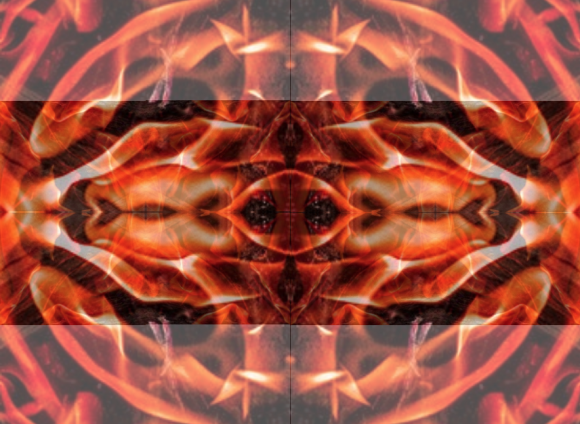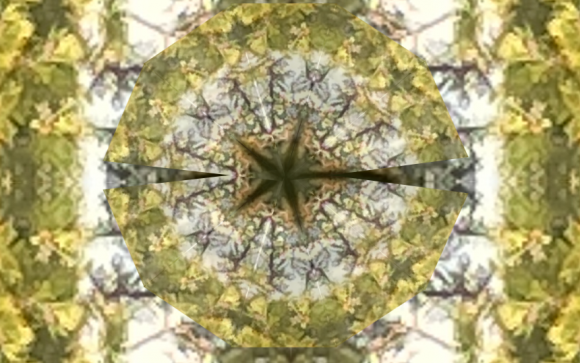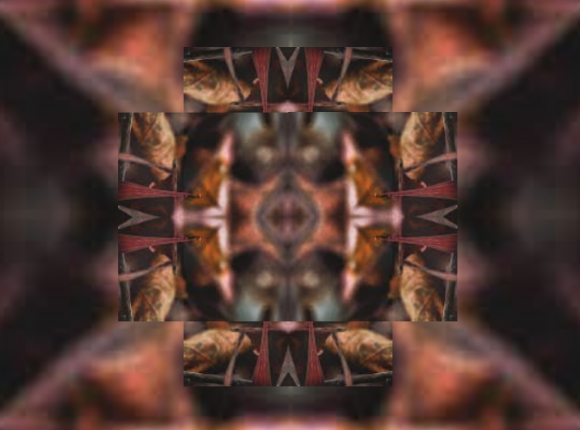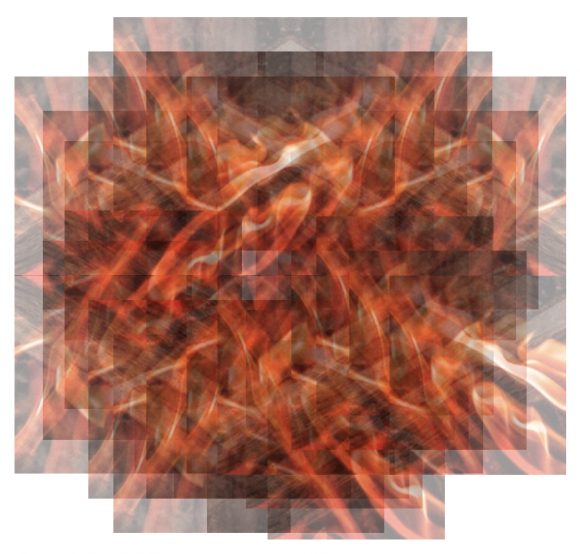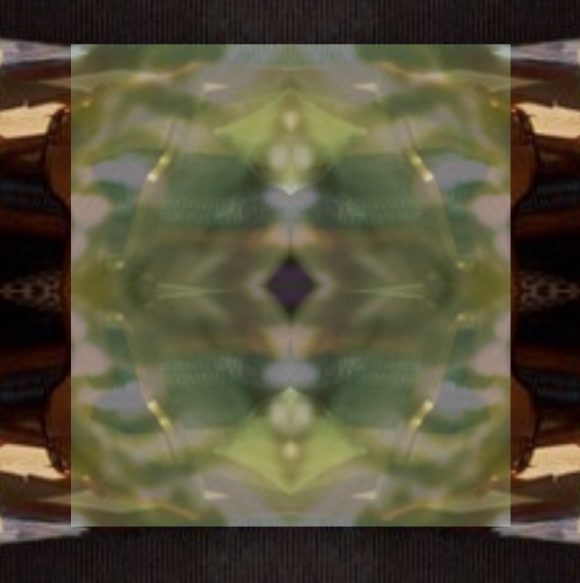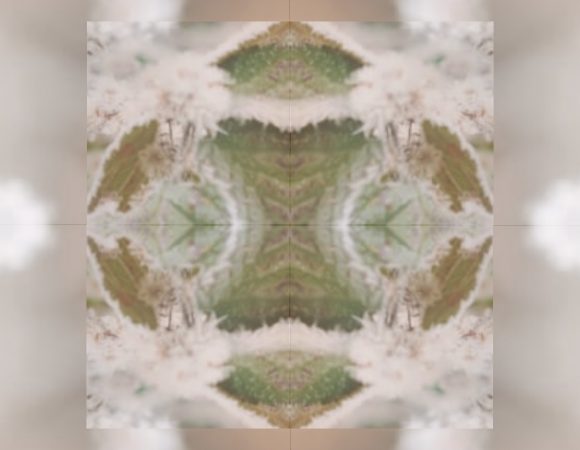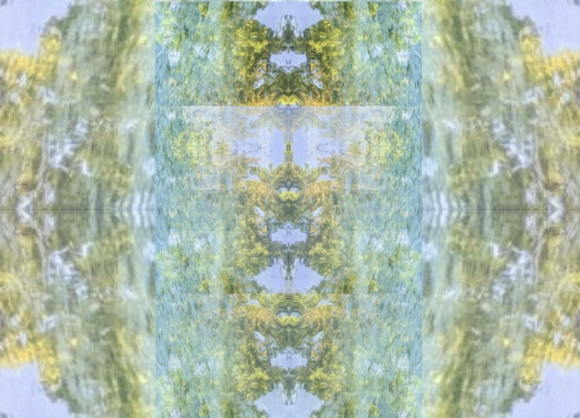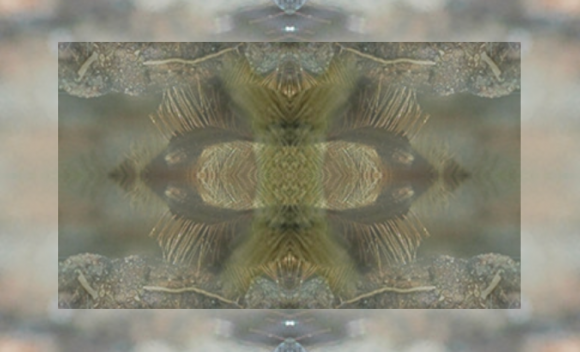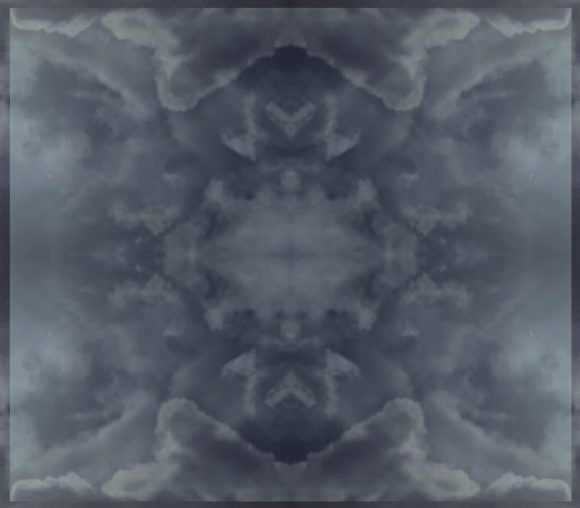
If not a subjective field, then what could be a plausible candidate for a structural principle on which the notion of a psychological individual can be based? (A principle, that is, which “expresses the whole” and “holds it together”?) It’s in answer to this question (remember, we are still reconstructing the argument of the individuation essay, GW IX/I, §§ 489-524) that Jung now (§§ 507-509)...

